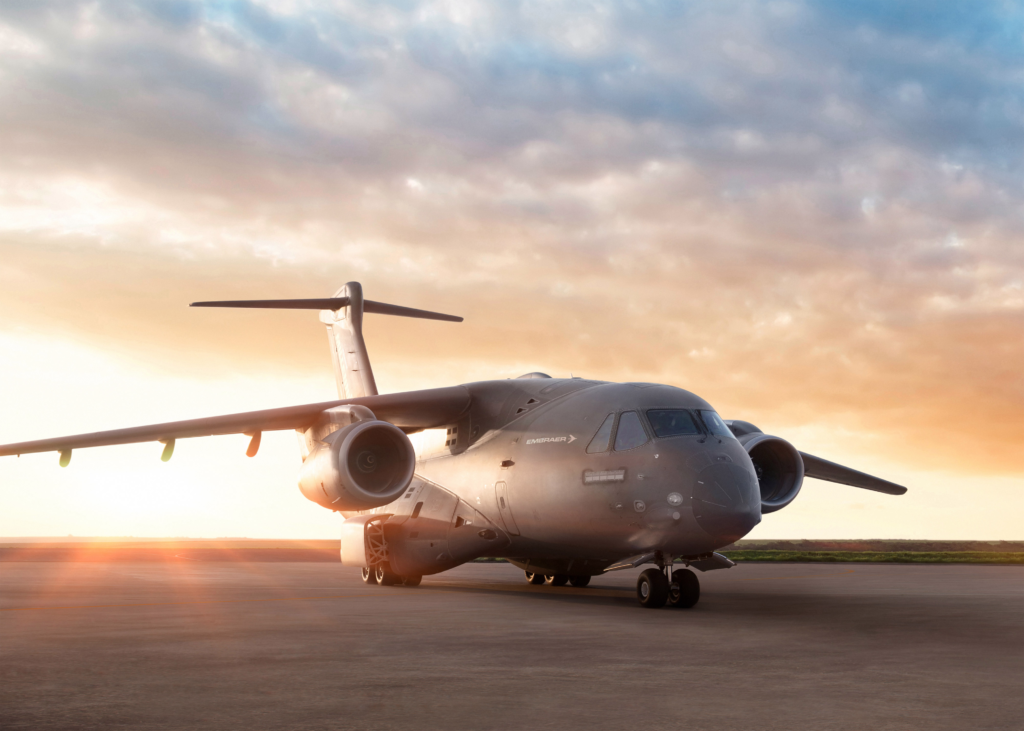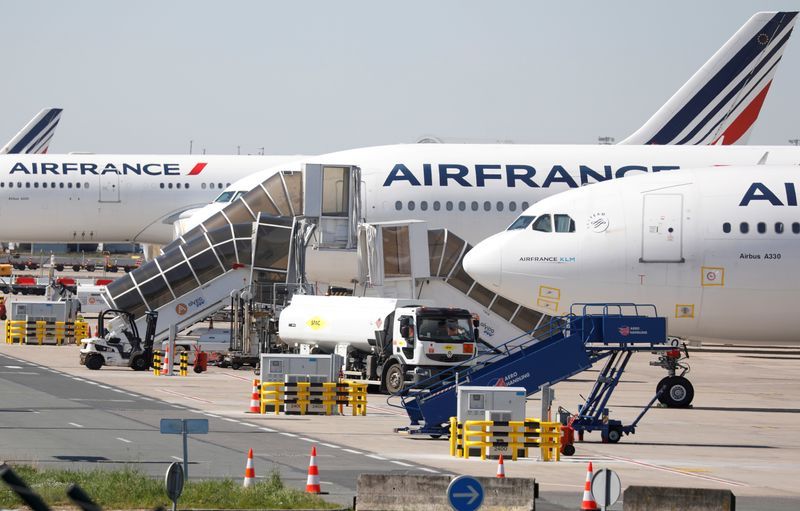Embraer displays defense & security portfolio at ADEX South Korea 2023
Seoul, South Korea, October 16, 2023 – Embraer SA (NYSE: ERJ) Defense & Security products and solutions, with one of the most comprehensive portfolios and innovative solutions for the defense and security markets, will be…

